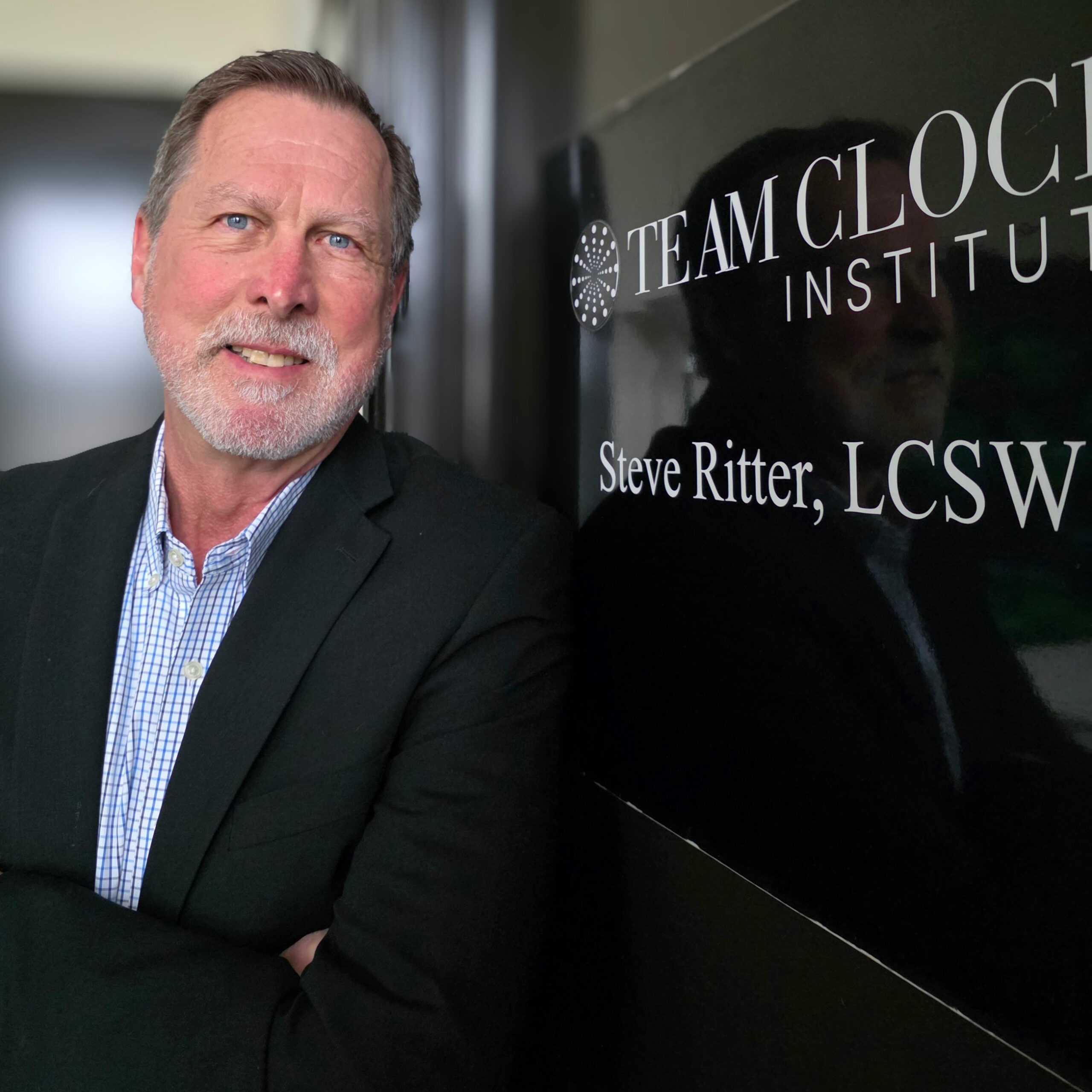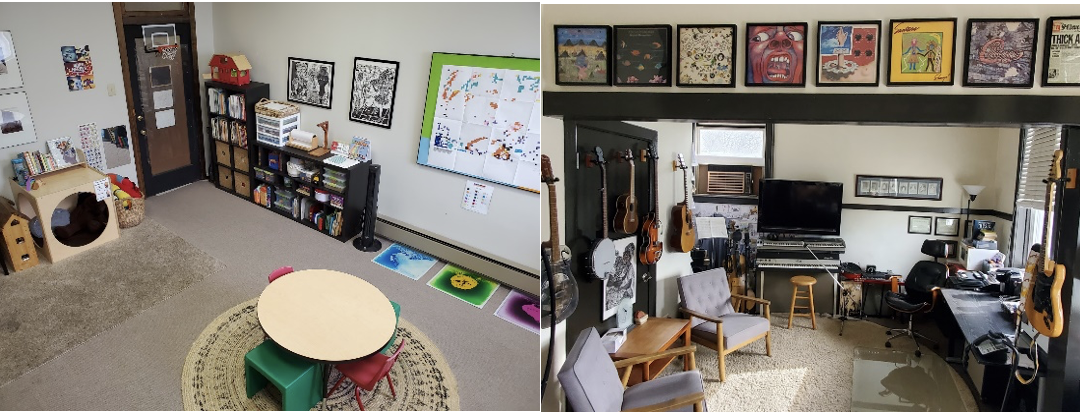The stereotype of a counseling session portrays a face-to-face conversation between therapist and client. Often, the exchange is not what you would expect. Not everyone is comfortable talking about their problems.
Some people express their feelings in ways that don’t rely on words. Games, for instance, become metaphors for the challenges a kid might be facing outside of the office. It might be safer to defeat your therapist than it is to take on a bully in the school hallway.
A poem or a song might better capture the nuances of an adult’s situation than a narrative about their life history. When a creative alternative is provided to a client, the traditional face-to-face dialogue usually follows. The goal is to provide a platform for problem-solving. How we get there has many paths.
At Elmhurst Counseling, both kids and grownups are finding outlets for creative expression. To an outsider, it probably looks like the agenda is to play games, solve puzzles, draw pictures, write stories, compose songs, and build crafts. Frequently, that impression is true. These are among the tools we employ with children and adults.
Creative play lowers the barriers to conversation. While the 8-year-old is building a Lego world, he doesn’t realize that he is crafting a parallel universe to his third-grade classroom. When the superheroes battle in the therapy office, he is learning coping strategies for navigating conflicts with siblings and peers.
When the 19-year-old pens song lyrics about a romantic breakup, she might not understand that the minor-key chords suggested to support the lyrics capture the sadness she is trying to express. She just feels understood.
Counseling and therapy take many forms. Sometimes it is as simple as two people sitting across from each other sharing a dialogue about sensitive topics. More often, however, it’s about the therapist reading the client’s unique path of expression and tailoring the clinical environment to enable that language. What would make you most comfortable?

About the Author
Steve Ritter, LCSW is the Founder and Executive Director of Elmhurst Counseling. He has served as a teacher, author, consultant, human resources director, health care administrator, and licensed clinical social worker since 1977. A fellow of the American College of Healthcare Executives, Steve has provided coaching, therapy and team development services to thriving schools, businesses and organizations.

